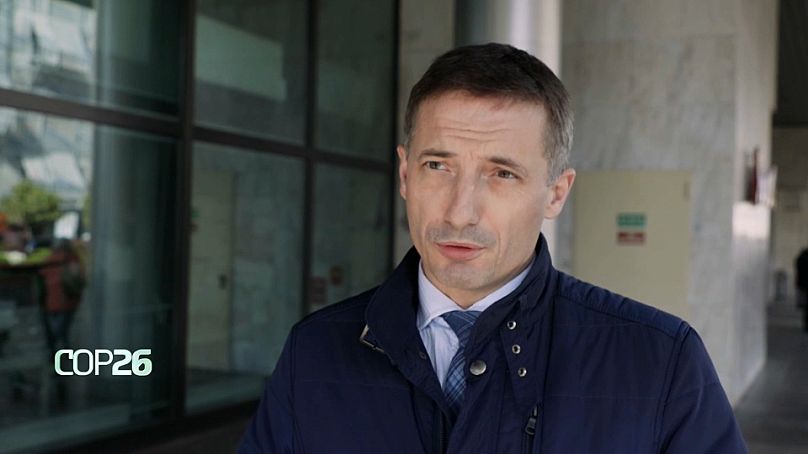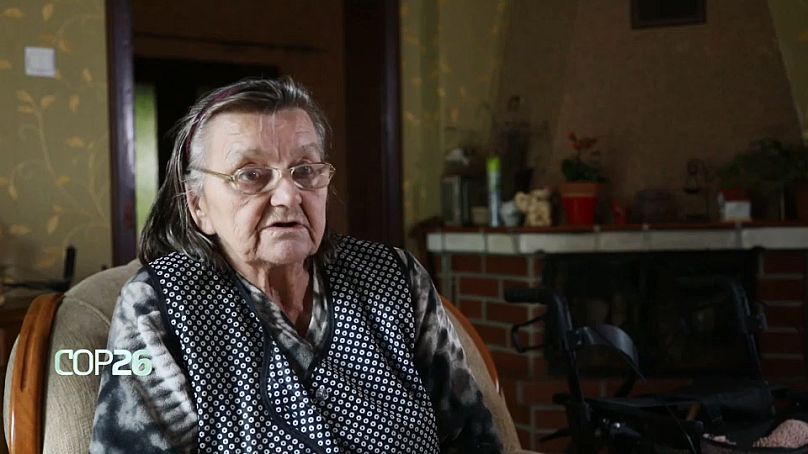Poland still uses coal as an energy source, especially to warm households.
Silesia, Poland's coal region, is undergoing a 'green transformation'. This area, as well as the entire country, for now, depends on the coal industry, so closing mines and abandoning coal is a big challenge. But the 'green transformation' isn't only to do with energy, it's also industrial.
 ADVERTISEMENT
ADVERTISEMENT
 ADVERTISEMENT
ADVERTISEMENT
Piotr Kuczera, the mayor of Rybnik, a city in the Silesia region, has been implementing 'green changes' for years now and he emphasises the fact that local authorities cannot manage them alone, they need help. Their plan of action has been divided into three parts:
- Education
- The subsidy process
- The enforcement of penalties for non-compliance
The latter is especially for the anti-smog resolution.
Kuczera expects "European and government funds to be included in this economic transformation process".
Last year, Poland's hard coal extraction amounted to approximately 54.4 million tonnes and it sold around 53 million tonnes. Its heating sector consumes about 26 million tonnes of coal, half of this is for households.
Poland also burns 87 per cent of the total coal used by households in the European Union.
The price of the energy transition
Henrietta Ferenc is 72 and retired. She lives alone and is also unwell. She would like to live in a healthy environment. For now, she still uses coal to heat her home, but she has taken out a loan to change her heating system to abide by the new 'green rules'.
She explains that she has 533 euros a month to pay for everything and she is concerned and aware that fuel is getting more and more expensive. According to Henrietta, it's €222 a tonne and she needs that amount to survive every month.
With her medication to pay for, the tonne of fuel she needs to heat her house and the loan, she tells us that her pension is not enough.
In Poland, many people like Henrietta cannot afford the green changes. Polish miners, who wish to keep the industry alive, argue that dropping coal too fast could cause an energy crisis.
Rafał Jedwabny from the Solidarność Miners Union says he is worried that "this winter may already show that a Poland without coal does not have many alternatives."
He believes this is because Poland is not prepared for such drastic changes to the energy system yet. "Today, gas prices show that Poles will simply not be able to afford energy," he adds.
One foot in, one foot out
Despite implemented 'green' changes, the Silesian region, and the country, are not yet fully prepared for the mines to close. However, the Climate Ministry's Vice Minister, Ireneusz Zyska, promises that the green transformation in Poland will work, but foresees challenges when it comes to stability without coal.
He argues that the country "may have to accept some coal-based energy and use advanced technologies in order not to emit pollutants into the environment when using it until Poland transforms its energy system to nuclear using gas as a bridging technology."
Heading in the green direction
Last year, Polish mines produced approximately 7.2 million tonnes of hard coal less than a year earlier and sales of this raw material were lower year on year by around 5.4 million tonnes. Production decreased by nearly 12 per cent and sales by over 9 per cent.
However, despite these drops, the coal industry has a stable position in Poland and generates jobs for many Poles especially in areas like Silesia where there are few alternatives.












